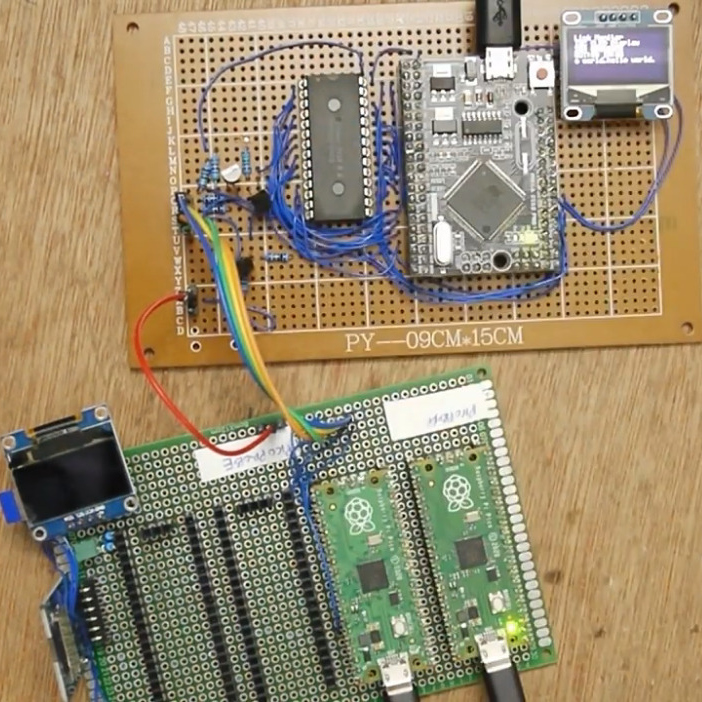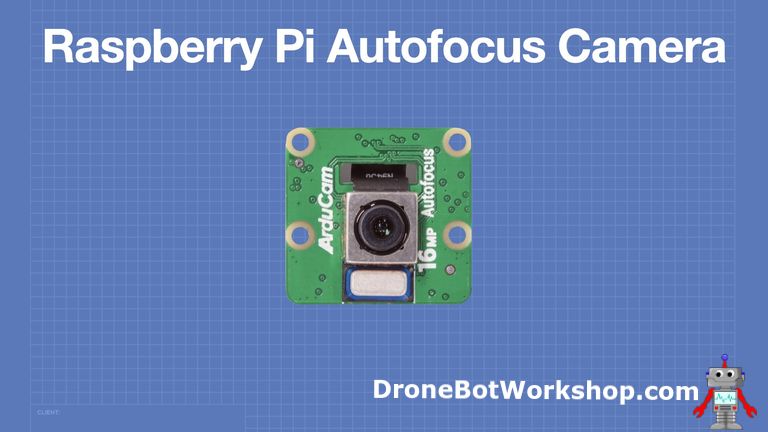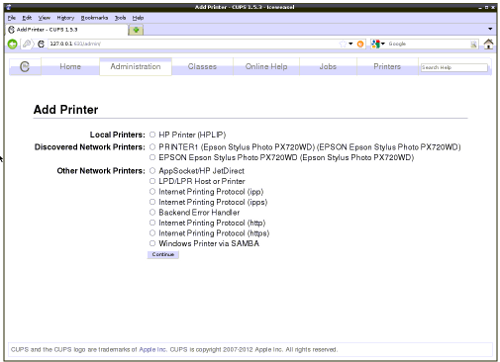
#RASPBERRY PI PRINTER RIP OR SOFTWARE ANDROID#
Taggishness 3018 CNC Android Arduino Baksheesh Blinkies CNC Firearms Gardening Hearing Improvements Laser Cutter M2 Memo to Self Mini-lathe MPCNC Rants Repairs RPi SDR Sewing Sherline Slipstick Tax Dollars Asleep Teensy Thing-O-Matic Wildlife Possibly Useful … OMTech 60 W Laser: D… on OMTech 60 W Laser: Controlling… OMTech 60 W Laser: D… on OMTech 60 W Laser: Air Assist… Please Close The Gat… on OMTech 60 W Laser: Improved MD… OMTech 60 W Laser: A… on Please Close The Gate Signage Laser-cut Cutworm Co… on OMTech 60 W Laser: Improved MD… Broom Handle Screw Thread: Replacement Plug.American Standard Elite Kitchen Faucet Disassembly.Why You Need a 6-Point Socket to Remove a Water Heater Anode Rod.Now, to load ’em into Audacity, chop ’em into tracks, and save the lot as MP3 files … Side 4 is a bit longer than the rest, because I was folding laundry and the recording stopped at the 30 minute timeout after 10 minutes of silence. The USB memory was an ancient 2 GB card, so all four sides filled it halfway: $ ll /mnt/partĭrwxr-xr-x 17 root root 4.0K Jun 7 19:15. The audio arrives at 11.5 MB/min, so an LP side with 20 min of audio will require about 250 MB of disk space. Sampling four bytes at 48 kHz fills 192 kB/s, so a 2 s buffer blots up 384 kB, which seems survivable even on a Raspberry Pi. When brute force doesn’t work, you’re just not using enough of it: $ arecord -format=dat -mmap -vumeter=stereo -buffer-time=2000000 -duration=$(( 30 * 60 )) /mnt/part/Side\ 1.wav Well, if it’s overrunning the default buffer, obviously it needs Moah Buffah: $ arecord -format=dat -mmap -vumeter=stereo -buffer-time=1000000 -duration=$(( 30 * 60 )) /mnt/part/Side\ 1.wav Recording WAVE '/mnt/part/Side 1.wav' : Signed 16 bit Little Endian, Rate 48000 Hz, Stereo Trying a USB memory jammed into the RPi, under the assumption it might be better at recording than the MicroSD Card: $ arecord -format=dat -mmap -vumeter=stereo -duration=$(( 30 * 60 )) /mnt/part/Side\ 1.wav So maybe it’s an I/O thing on the RPi’s multiplexed / overloaded USB + Ethernet hardware? Recording WAVE '/mnt/part/Transfers/Side 1.wav' : Signed 16 bit Little Endian, Rate 48000 Hz, Stereo

The same thing happened over NFS to the file server in the basement: $ arecord -format=dat -mmap -vumeter=stereo -duration=$(( 30 * 60 )) /mnt/part/Transfers/Side\ 1.wav Looks like “writing to disk” sometimes takes far too long, which seems to be the default for MicroSD cards. Recording WAVE '/tmp/Side 1.wav' : Signed 16 bit Little Endian, Rate 48000 Hz, Stereo Try recording something directly to the RPi’s /tmp directory, using the -format=dat shortcut for “stereo 16 bit 48 kHz” and -mmap to (maybe) avoid useless I/O: $ arecord -format=dat -mmap -vumeter=stereo -duration=$(( 30 * 60 )) /tmp/Side\ 1.wav They all point to the same hardware, so AFAICT the default device will work fine.
#RASPBERRY PI PRINTER RIP OR SOFTWARE SOFTWARE#
Hardware device with all software conversions

Given those limited choices, 16 bit little-endian at 48 kHz seems like a no-brainer.įind out all the ALSA device names: $ arecord -Lĭiscard all samples (playback) or generate zero samples (capture)Ģ.1 Surround output to Front and Subwoofer speakersĤ.0 Surround output to Front and Rear speakersĤ.1 Surround output to Front, Rear and Subwoofer speakersĥ.0 Surround output to Front, Center and Rear speakersĥ.1 Surround output to Front, Center, Rear and Subwoofer speakersħ.1 Surround output to Front, Center, Side, Rear and Woofer speakersĭirect hardware device without any conversions Recording WAVE 'stdin' : Unsigned 8 bit, Rate 8000 Hz, MonoĪrecord: set_params:1233: Sample format non available Not much else to choose from on a Raspberry Pi, so see what the UCA202 can do: $ arecord -dump-hw-params

**** List of CAPTURE Hardware Devices ****Ĭard 1: CODEC, device 0: USB Audio RPi streamer – Behringer UCA202 USB audio boxįiddle with the amp to select the phonograph, poke the TAPE 2 button to send audio to/from the UCA202, fire up an SSH session, kill the streaming audio program, and figure out what audio hardware is out there: $ arecord -l


 0 kommentar(er)
0 kommentar(er)
